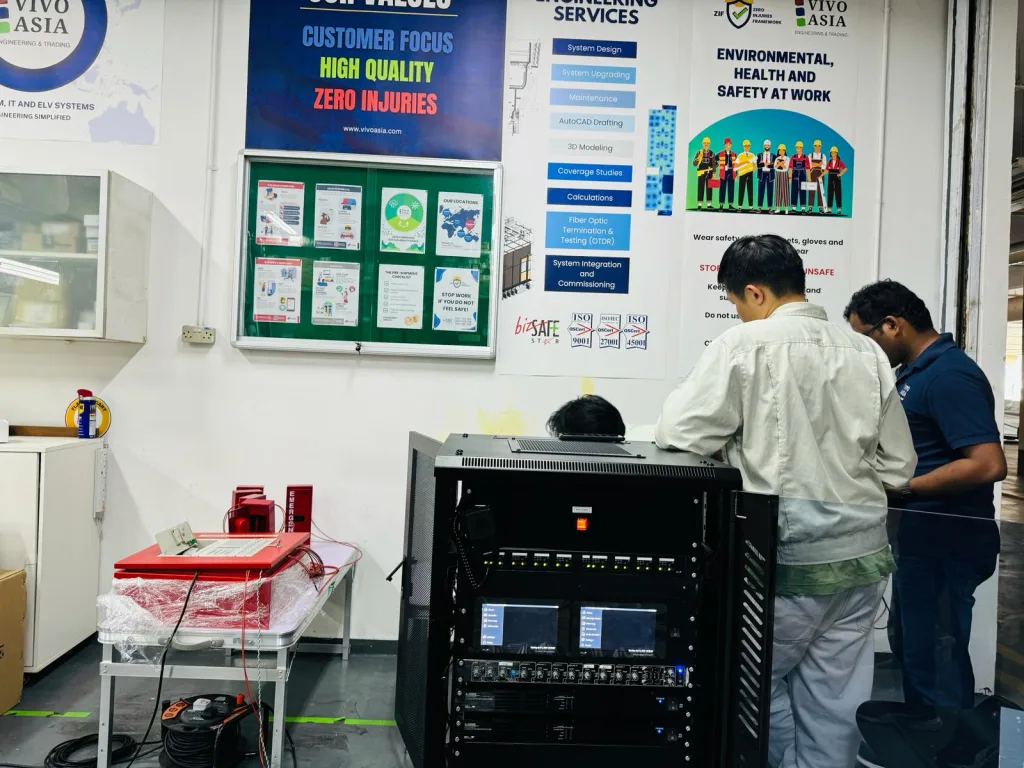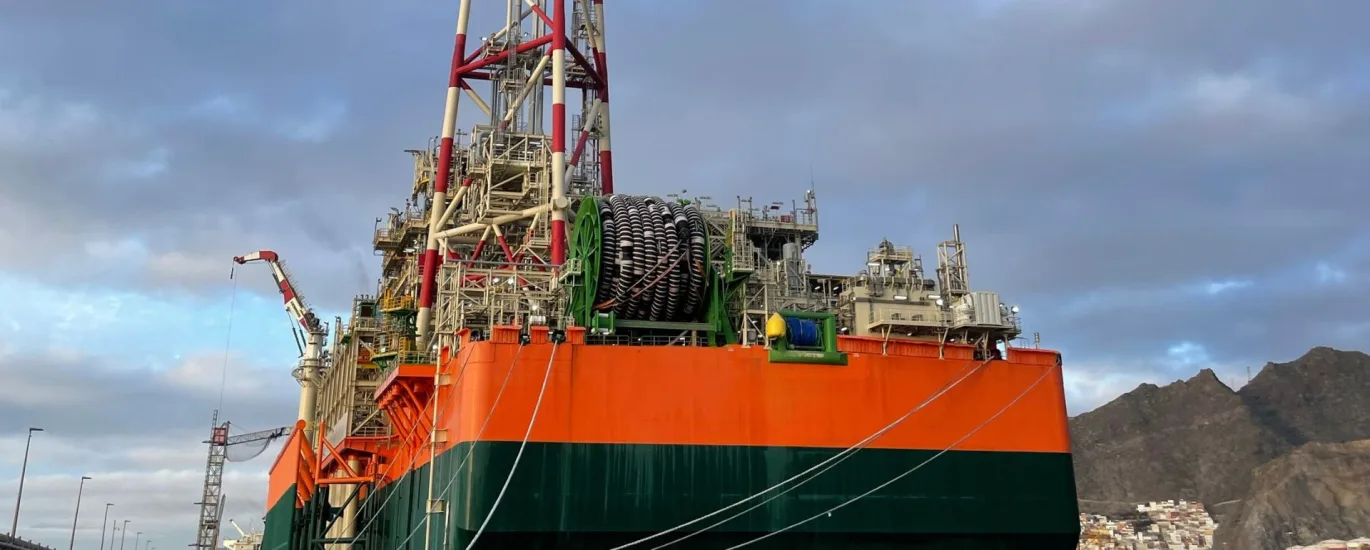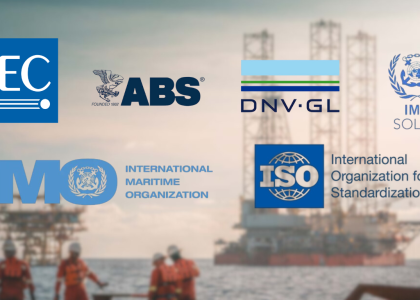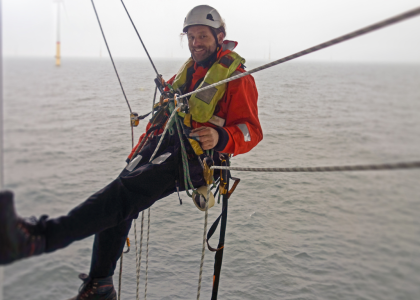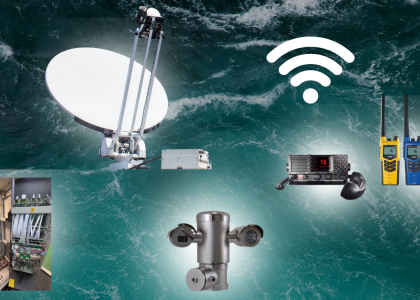Robust emergency systems are indispensable for ensuring the safety and sustainability of FPSO operations in challenging marine environments. FPSO vessels play a crucial role in offshore oil and gas production, offering flexibility and cost-effectiveness. However, operating in remote and challenging marine environments poses significant risks. Let’s explore the importance of emergency systems for FPSO vessels and strategies to enhance their effectiveness
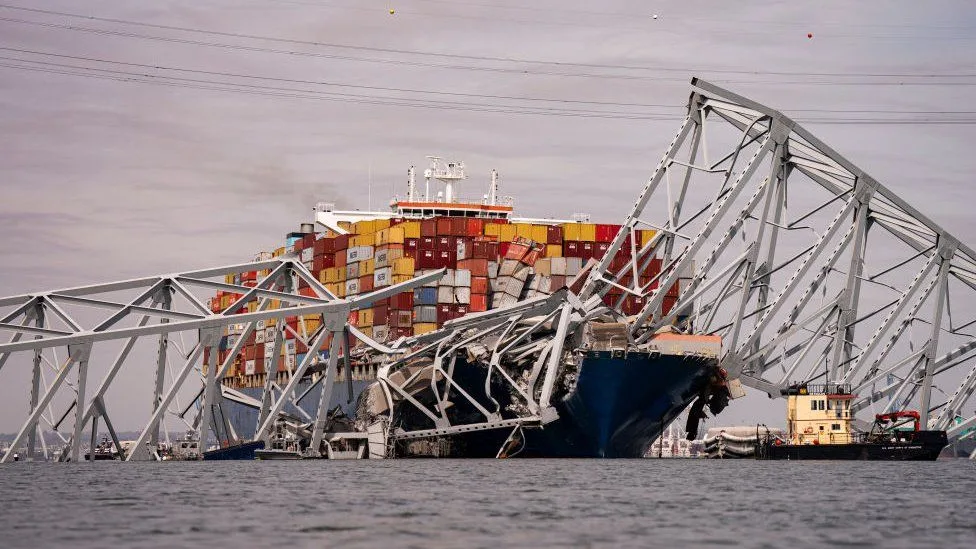
Understanding FPSO Emergency Systems
FPSO emergency systems encompass a range of safety measures designed to mitigate risks and respond swiftly to emergencies. These systems typically include:
Fire Detection and Suppression
Advanced fire detection systems coupled with rapid-response firefighting equipment are essential for preventing and combating fires, which pose a severe threat to FPSO operations.
Emergency Shutdown (ESD) Systems
ESD systems are vital for swiftly shutting down production processes in the event of emergencies such as equipment failure or hydrocarbon leaks, minimizing the risk of accidents and environmental damage.
Escape, Evacuation, and Rescue (EER) Systems
These systems comprise evacuation routes, lifeboats, life rafts, and personnel transfer systems to ensure the safe evacuation of personnel in emergencies, such as fire, structural damage, or adverse weather conditions.
Automated alarm systems equipped with sensors for detecting fire, gas, or other hazards trigger instant alerts and initiate predefined emergency protocols, minimizing response times and enhancing overall safety.
Ship security alert systems, often referred to as SSAS, are designed to provide vessels with a means of covertly alerting authorities of security threats or incidents onboard. These systems are primarily aimed at preventing unauthorized access, hijacking, or acts of violence against the vessel and its crew.
An internationally mandated system designed to improve communication, navigation, and search and rescue (SAR) operations at sea.
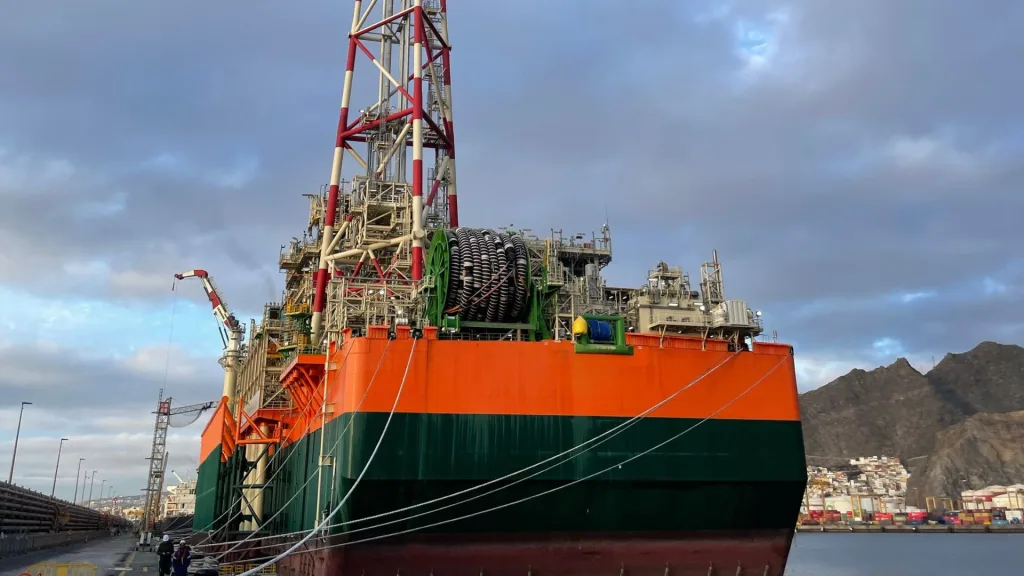
Challenges and Enhancements
Despite the presence of emergency systems, FPSO operations face several challenges that necessitate continuous enhancement of emergency preparedness:
FPSOs operate in remote offshore locations exposed to harsh weather conditions, including storms, hurricanes, and high waves, which can impede emergency response efforts. Enhanced weather monitoring systems and resilient emergency equipment are critical for tackling these challenges.
The complexity of FPSO operations, involving numerous interconnected systems and processes, amplifies the risk of emergencies. Regular drills, simulation exercises, and comprehensive training programs are essential to familiarize personnel with emergency procedures and foster a culture of safety.
FPSO operators must adhere to stringent regulatory standards governing safety, environmental protection, and emergency preparedness. Regular audits, inspections, and proactive measures to address regulatory requirements ensure compliance and enhance overall safety performance.
Get the Right Team
Team Vivo Asia is skilled and experience in the design, assembly and installation of emergency systems for FPSO vessels. We are well-versed in industry regulations and have a streamlined project delivery method to help you meet your requirements for efficiency and safety.
